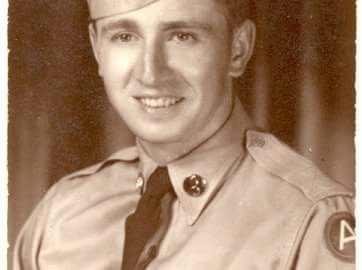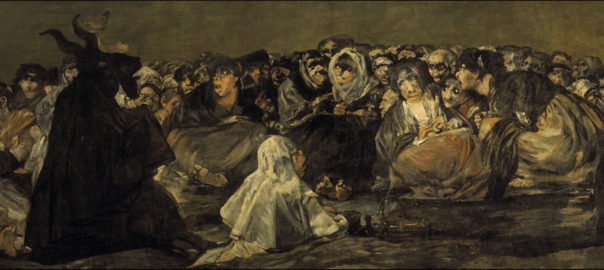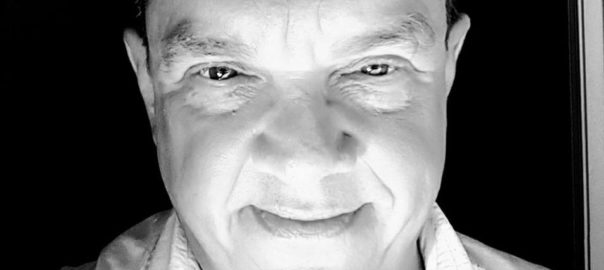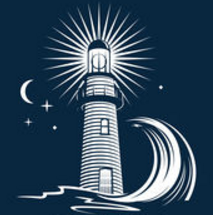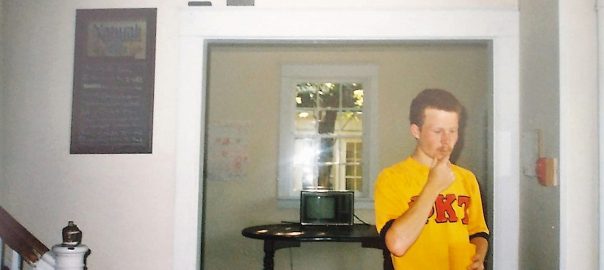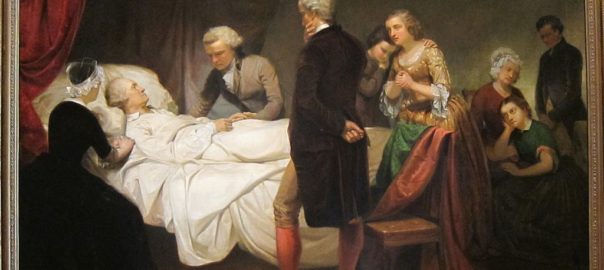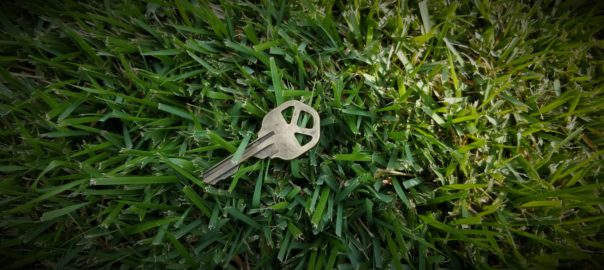History is filled with stories of ordinary men and women discovering community in the facing-down of tragedy, even when–perhaps especially when–it was clear, or seemed clear, that tragedy would carry the day.
In 1881, when the wounded President James A. Garfield expressed a desire to die amid the gulls and breezes of the New Jersey Shore, rather than in the sweltering confines of his White House sick room, the citizens of Elberon labored through the night to lay a rail spur right to the stricken president’s cottage door. In our own time, unemployed, suffering, and disheartened hard rock miners flocked to Texas, in the face of almost certain failure, and somehow saved the life of Jessica McClure, a small child who had fallen into a well.
No one who followed the Noah Chamberlin story will go to bed happy tonight; a family and a community grieve. And bound up in the tragic death of the child there is another, more subtle, different kind of grief, less acute, but grief all the same: the surrender of the dream of the victory–the letting go of the miracle. The people who pulled Baby Jessica from the well never knew that grief. Her story stands as a monument to the hopes and dreams to which shattered people dare cling.
Miracles are fickle.
Still, we mustn’t despair. Noah was found. In this, his poor family can find the strength to live again, difficult as that may seem tonight. Likewise, the effort to save his life brought out the best in our people: the grit of our frontier and immigrant ancestors; the simple, pragmatic compassion of our rural, agrarian past; and the courage of our martial heritage.
In a world without front porches, quilting bees, or barn raisings, a child wanders away, and suddenly we are all neighbors again.
To find community, people need a port to seek. There is no more effective lighthouse than a child in trouble. One yearns only to have seen the light before it dimmed.
KB
